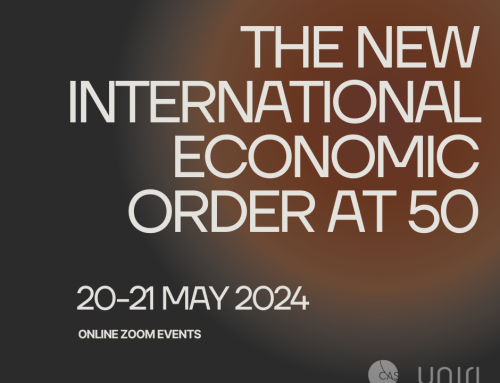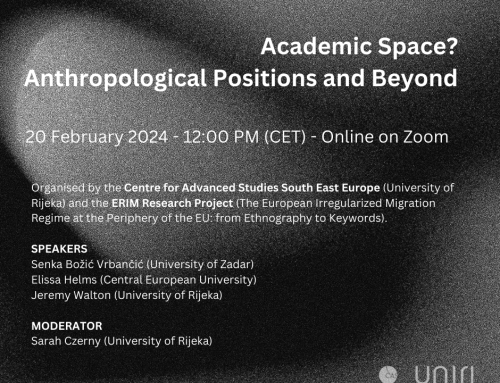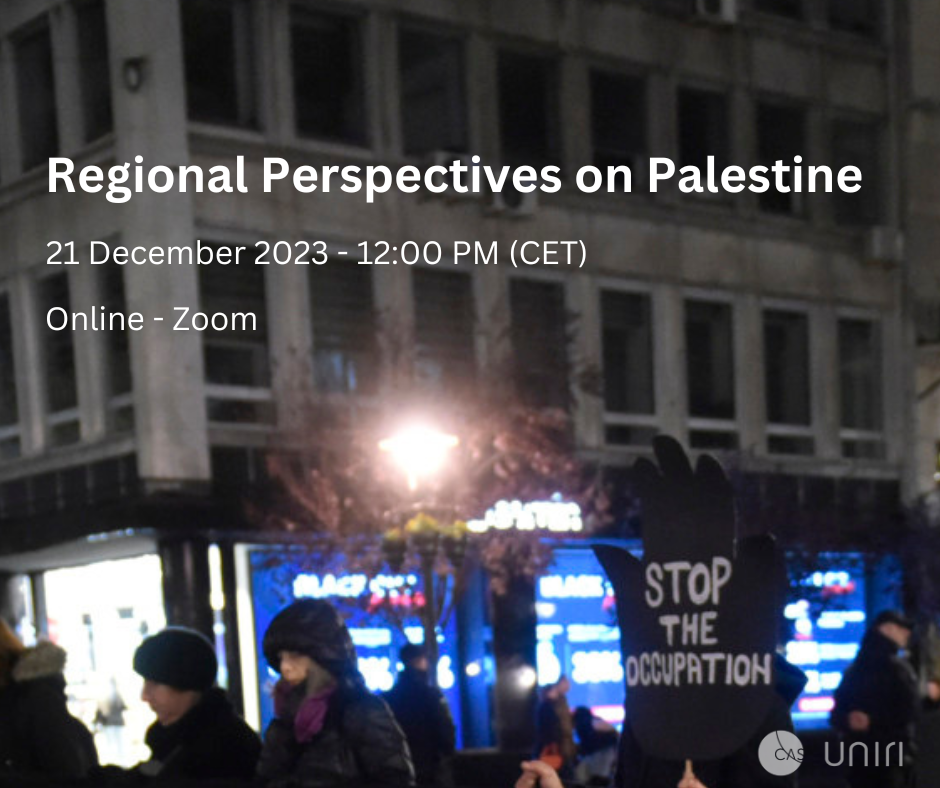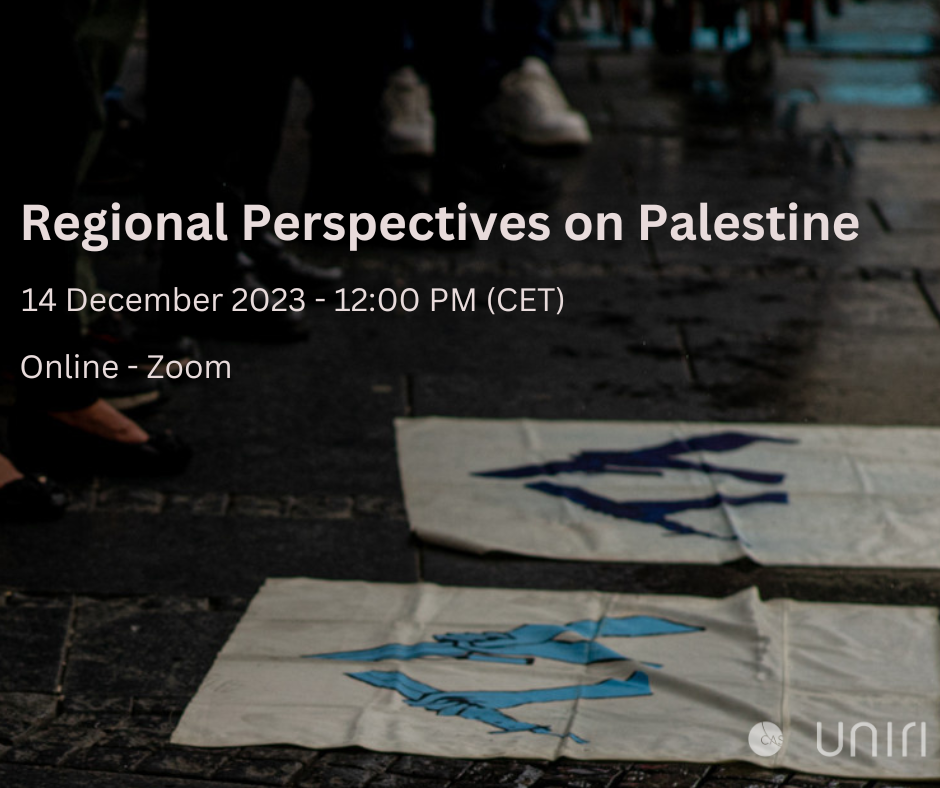To the Northwest! Intra-Yugoslav Albanian migration (1953-1989)
“Researchers have explored many aspects of Albanian migration – so much so that one renowned scholar of the field, Russel King, described Albania as a ‘laboratory’ for the study of migration and development. Despite the large number of studies examining the experience of Albanian migrants in
countries like Greece, Italy and Switzerland (and the impact of migration in the towns and villages in Albania, Kosovo and Macedonia) one crucial part of the story is missing. What about the many Albanians from Kosovo (and Macedonia) who migrated within Yugoslavia during the socialist period in considerable numbers?
Albanians were the largest non-Slavic population in Yugoslavia, reaching up to 8 per cent of the population by the 1980s. Predominantly rural in origin, Albanian labour migrants gravitated to industrial centres around the country in search of work. This proposed research project explores the case of Albanian labour migration from the Southeast of Yugoslavia to the country’s northwest (Croatia and Slovenia) between 1953 and 1989 through historical and historical-anthropological
methods.
The first research objective of the research is to provide a historical survey to show how the migration of Yugoslav Albanians to Croatia and Slovenia was facilitated and understood by the authorities. The second objective explores how the local communities in Croatia and Slovenia understood and managed the migration. Most importantly, the third objective explores how migration was understood by the Albanian migrants themselves. The fourth and final objective is to compare intra-Yugoslav Albanian migration to the better-documented socialist-era Yugoslav migration to capitalist Western Europe as well as Yugoslav rural-to-urban migration trends. Methodologically, the research relies on the analysis of library and archival documents and extensive oral history interviews. Oral history will be undertaken by the project researchers in two case study sites of Albanian migration in Croatia and Slovenia.
The research engages with recent scholarly innovations in SEE studies of race, ethnicity, class, gender and the interaction of these categories of identification in a research paradigm of intersectionality. It hypothesises that the experience of migration for Albanians was shaped by a range of factors including religion (Islamic, Catholic or secular), gender (male or female?), place of origin (rural or urban?), and political orientation (loyal communist or nationalist sympathiser?). These categories intersect, resulting in different material outcomes for the individuals concerned. The goal of the research is to carefully unpack these outcomes. The project contributes to debates in the fields of Southeast European migration history and Yugoslav historiography. More broadly for migration studies, the empirical case offers an instructive example of cross-cultural migration taking place within state borders in a context of socialist modernisation.”
Rory Archer is a social historian who works on the 20th century Balkans. He is interested in labour, gender, (post)socialism and the ways in which macro level events and processes are experienced, understood and negotiated in micro, everyday contexts. He obtained his PhD in History from the University of Graz in December 2015 and from 2016 to 2018 worked in the School of Slavonic and East European Studies, University College London as Mellon postdoctoral fellow. Since 2014 he has worked on a research project Between class and nation: Working class communities in 1980s Serbia and Montenegro financed by the Austrian Science Fund (FWF). He continues to explore the role of politicised labour and working class subjectivities in the crises of late Yugoslav socialism and the demise of the state and have published work on this in Labor History, Social History and History and Anthropology.
The seminar was held at the University of Rijeka on January 28th, 2019.





